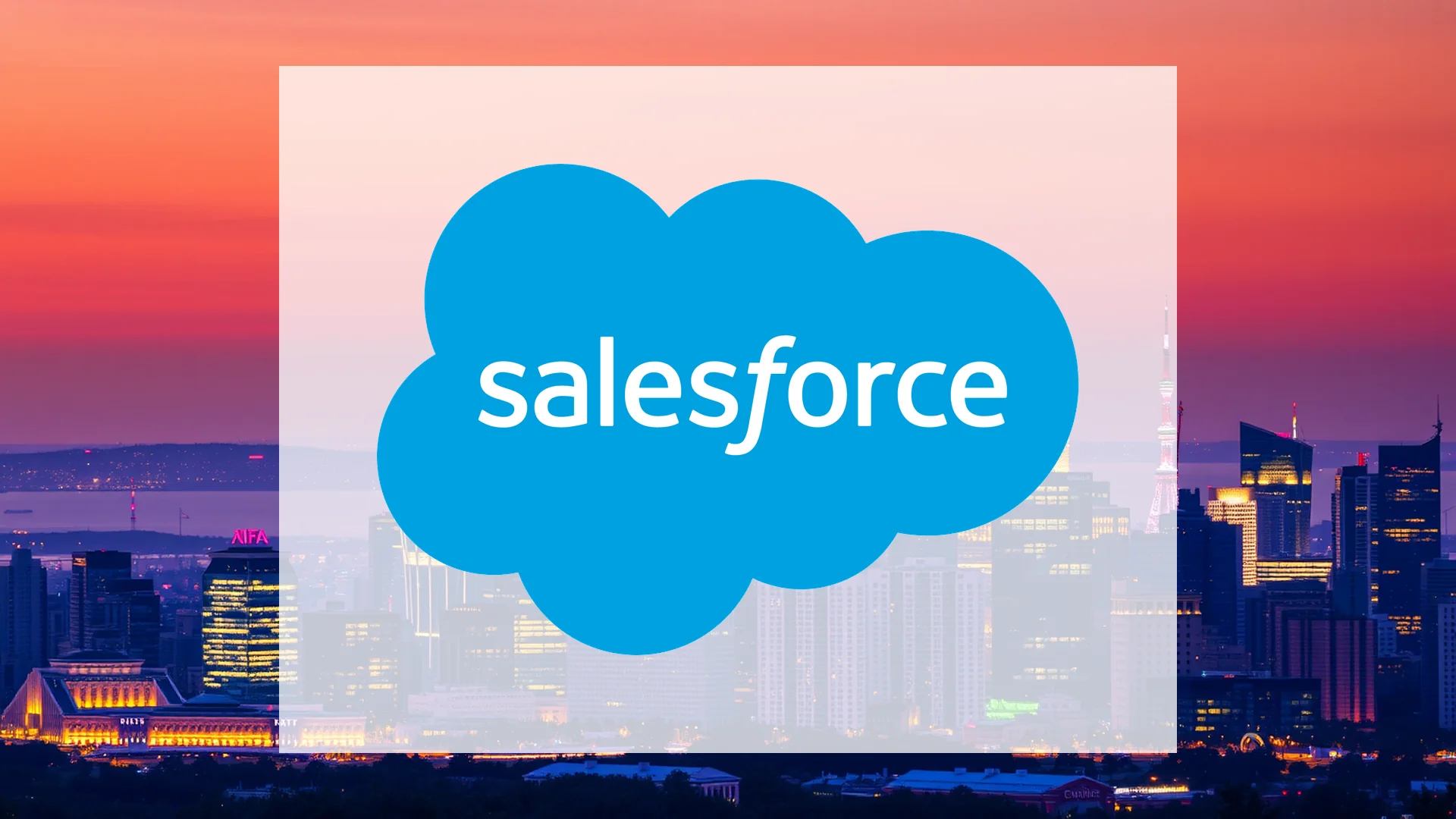Salesforce is making headlines with a significant strategic shift that underscores the profound impact of artificial intelligence on the enterprise software sector. In a move announced just one day ahead of its eagerly anticipated quarterly earnings release, CEO Marc Benioff confirmed the company will eliminate 4,000 customer support positions. These roles are being phased out as AI systems take over their functions, marking one of the most substantial workforce reductions directly attributed to automation in the tech industry.
AI Automation Drives Deep Workforce Reduction
The scale of this workforce restructuring is considerable. The customer support division, previously staffed by 9,000 employees, will be reduced to approximately 5,000 workers—a reduction of nearly 45 percent. Benioff revealed during a recent podcast appearance that AI-powered systems now autonomously handle roughly half of all customer interactions. Tasks that were once managed by human agents are increasingly being performed by sophisticated algorithms.
This reduction affects about five percent of Salesforce’s total global workforce, which exceeds 76,000 employees. While company leadership has described the move as a “rebalancing” of human resources, the personal impact on affected employees is undoubtedly significant.
New Government Sector Initiative Launched Concurrently
Alongside these workforce changes, Salesforce unveiled “Agentforce for Public Sector,” a new product designed specifically for government agencies. This AI platform aims to automate complex administrative processes through intelligent virtual agents. The software promises to handle a wide range of functions—from processing citizen complaints to streamlining compliance procedures—potentially delivering substantial efficiency gains throughout the public sector.
This dual announcement sends a clear strategic message: Salesforce is making a comprehensive bet on artificial intelligence as both a primary growth driver and a means to reduce operational expenses through increased automation.
Should investors sell immediately? Or is it worth buying Salesforce?
Strategic Timing Ahead of Quarterly Results
The timing of these announcements appears carefully coordinated. Salesforce is scheduled to report its second-quarter fiscal year 2026 results after market close on Wednesday. Market experts project revenue of approximately $10.14 billion, which would represent year-over-year growth of 8.7 percent. Adjusted earnings per share are expected to reach about $2.78.
These results come at a critical juncture for the CRM leader. Salesforce shares have declined more than 23 percent since the beginning of the year, underperforming many technology sector peers. Investors have expressed concerns about the company’s growth trajectory and market acceptance of its newer AI-powered tools.
The aggressive push toward AI automation, coupled with simultaneous cost-cutting measures, presents investors with a complex narrative. This strategy could be interpreted either as a confident move to strengthen competitive positioning or as an acknowledgment that organic growth has begun to slow.
Tomorrow’s earnings release will provide crucial insight into whether Benioff’s AI-focused transformation is delivering the intended results or if the company faces mounting pressure to demonstrate its strategic direction is yielding financial returns.
Ad
Salesforce Stock: Buy or Sell?! New Salesforce Analysis from February 6 delivers the answer:
The latest Salesforce figures speak for themselves: Urgent action needed for Salesforce investors. Is it worth buying or should you sell? Find out what to do now in the current free analysis from February 6.
Salesforce: Buy or sell? Read more here...









